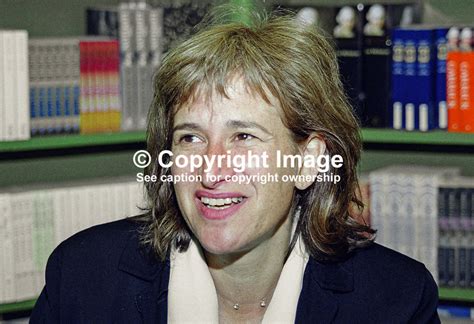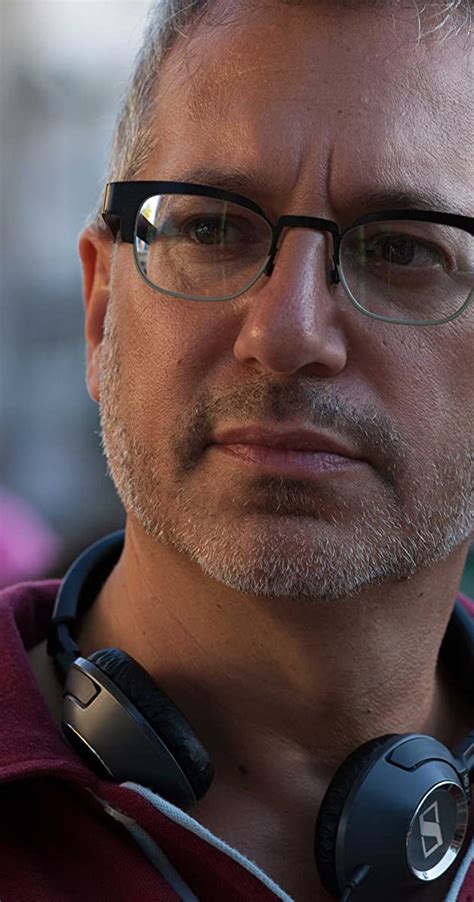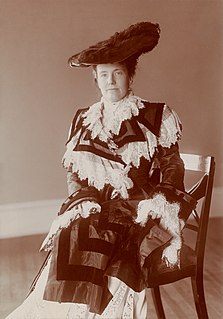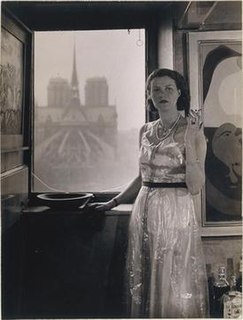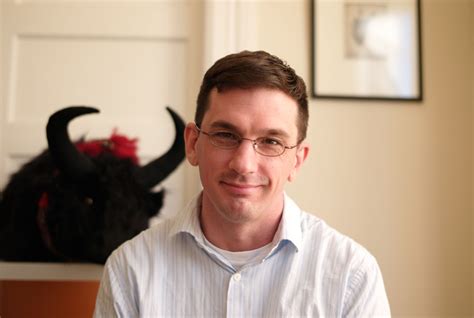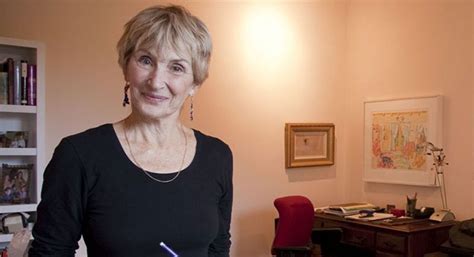A Quote by Louise Erdrich
All of our actions have in their doing the seed of their undoing. ... That in her creation of her children there should be the unspeakable promise of their death, for by their birth she had created mortal beings.
Related Quotes
I love her for what she has dared to be, for her hardness, her cruelty, her egoism, her perverseness, her demoniac destructiveness. She would crush me to ashes without hesitation. She is a personality created to the limit. I worship her courage to hurt, and I am willing to be sacrificed to it. She will add the sum of me to her. She will be June plus all that I contain.
You know, and the fact that Nina Simone had to start playing in clubs and sing because her parents had moved north to support her music education. You know, so she had to sing. She had to make a living 'cause she was supporting her family. So poverty and race put her in this place which, you know, created enormous success, but it's not what her psyche was all about.
She thought of the hardness and the coldness she had cultivated over those years and wondered if they were the mask she wore or if the mask had become her self. If the longing inside her for kindness, for warmth, for compassion, was the last seed of hope for her, she didn't know how to nurture it or if it could live.
A mother experiences more than one death, even though she herself will only die once. She fears for her husband; she fears for her children; again she fears for the women and children who belong to her children. ... For each of these-whether for loss of possessions, bodily illness, or undesired misfortune-she mourns and grieves no less than those who suffer.
[Keeping kosher was] the symbol of an initiation, like the insignia of a secret brotherhood, that set her apart and gave her freedom and dignity. Every law whose yoke she accepted willingly seemed to add to her freedom: she herself had chosen . . . To enter that brotherhood. Her Judaism was no longer a stigma, a meaningless accident of birth from which she could escape . . . It had become a distinction, the essence of her self-hood, what she was, what she wanted to be, not merely what she happened to be.
It seemed a marvel to her that any mortal should suffer for lack of love, and yet she had never known a mortal who didn't feel unloved. There was enough love just in this ugly hallway, she thought, that no one should ever feel the lack of it again. She peered at the parents, imagining their hearts like machines, manufacturing surfeit upon surfeit of love for their children, and then wondered how something could be so awesome and so utterly powerless.
In those days, I didn't understand anything. I should have judged her according to her actions, not her words. She perfumed my planet and lit up my life. I should never have run away! I ought to have realized the tenderness underlying her silly pretensions. Flowers are so contadictory! But I was too young to know how to love her.


